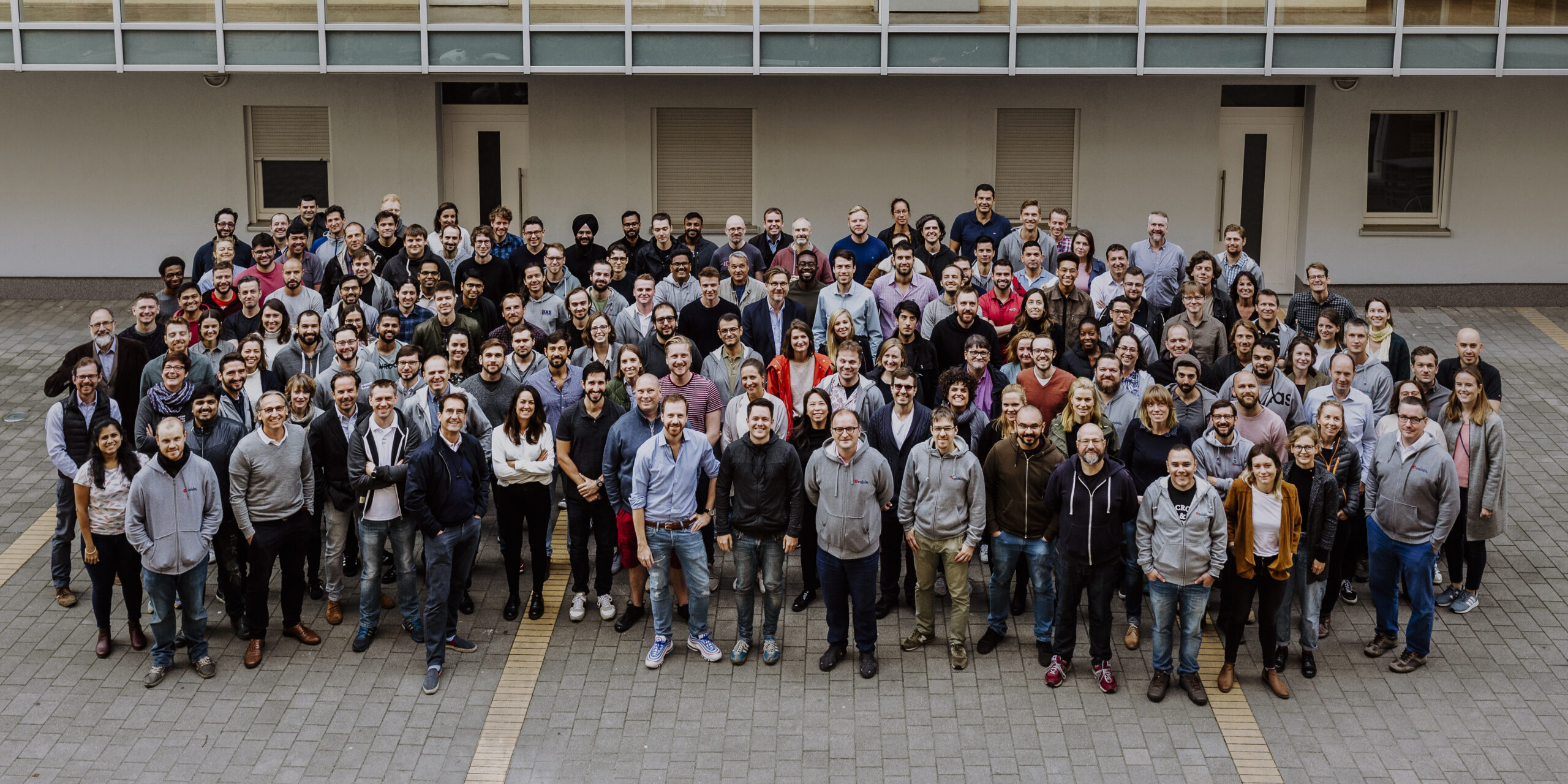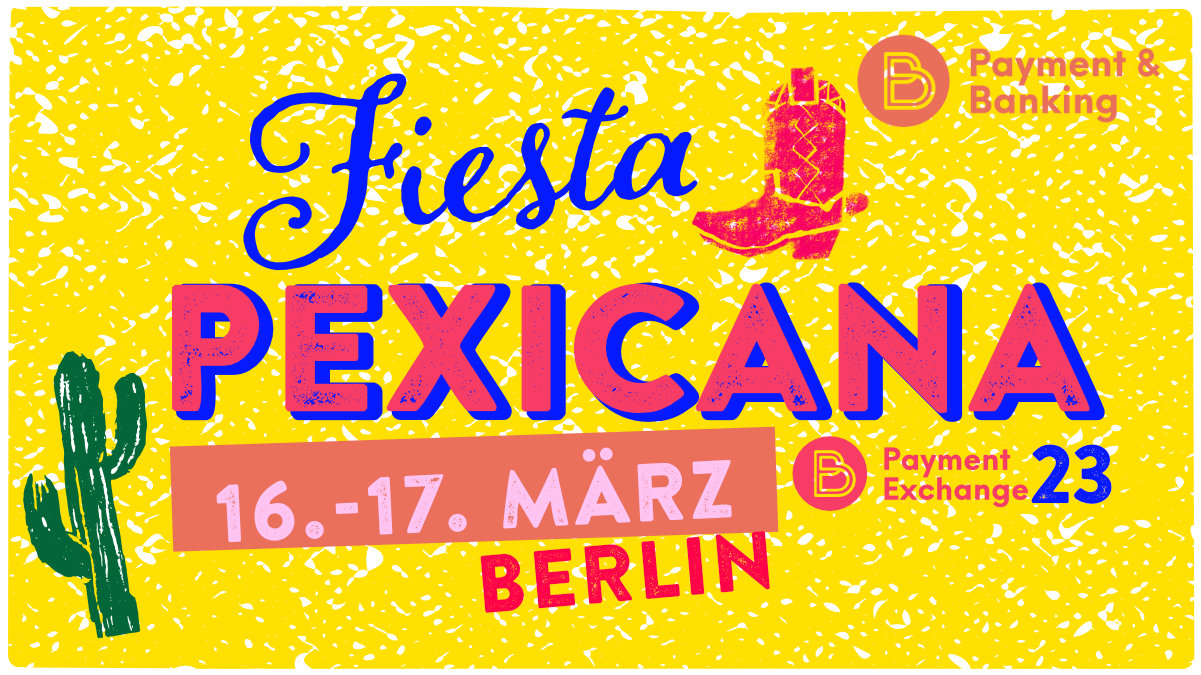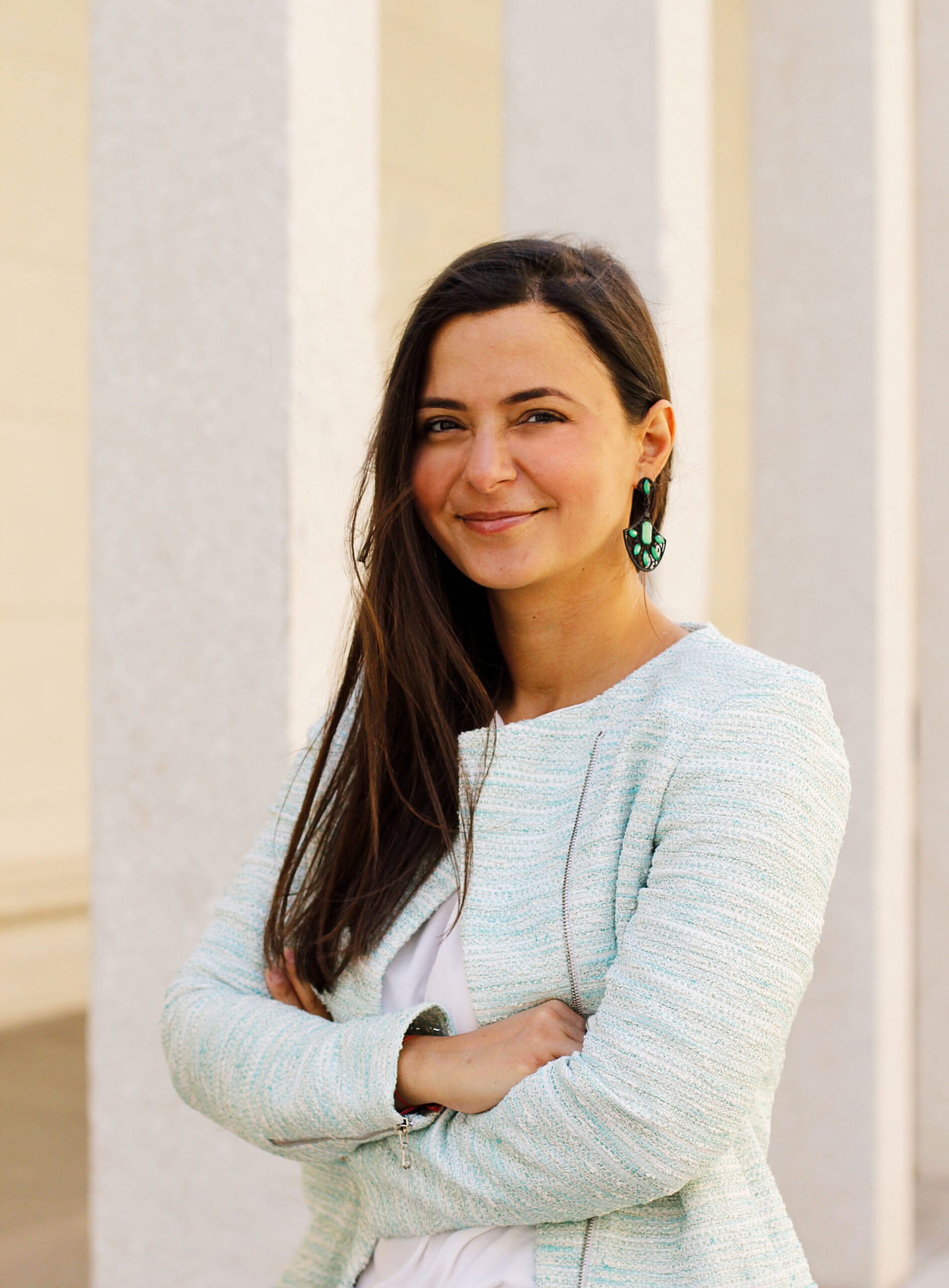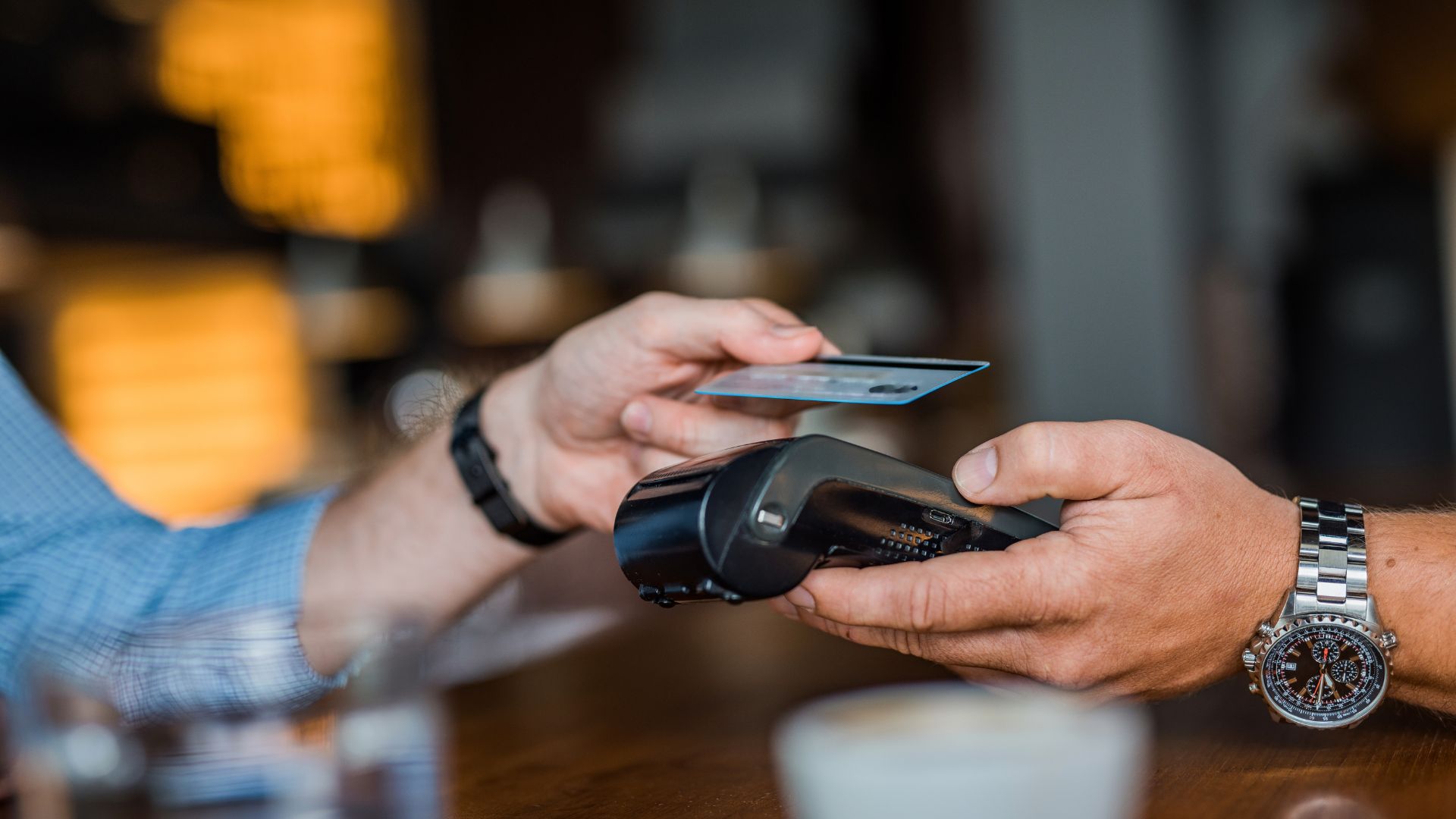According to GTAI, Germany is an important FinTech market in Europe and the fourth largest in the world. To this day, many successful and profitable businesses co-exist in the ecosystem. Still, not all successful products are born out of authentic ideas, as many business models are inspired by their British or Silicon Valley pioneers.
The media and the venture capital customs prioritize valuations over other metrics for (FinTech) start-ups. However, addressing market and user needs (in other words, finding product-market-fit) is a safer bet in the long run for start-ups.
Product-market-fit takes time and is “easier said than done.” Especially in countries like Germany, where the consumers and market are very particular, detecting local FinTech market gaps can be quite challenging. Looking around, some players stand out in the ecosystem, and we will zoom in on these local best practices through our best-practice series.
Raisin: Finding the Right FinTech Idea for the German Market
One example of the German product-market-fit is Berlin-based Raisin (also known as Weltsparen), the saving and investment marketplace that has been active since 2012. Raisin connects European savers with (partner) banks in other countries, allowing depositors to get the best rates.
A saving marketplace might sound conventional compared to the popular FinTech products of the last years, such as NFTs or P2P lending. However, this German FinTech has successfully captured the German consumer’s need for low-risk and deposit insurance guaranteed products and represents an impeccable example of product-market fit in Germany.

According to Co-Founder/COO Michael Stephan, the initial idea was to create a „Rocket Internet“ style FinTech business as three McKinsey consultants. Starting the idea scouting with ten ideas, the founding team narrowed the list to three and decided on a worldwide deposit marketplace (hence the name „Weltsparen“). The team aimed to connect European savers with non-European deposit institutions in Azerbaijan, Georgia, and similar countries with significant spreads, thanks to the insights of the other Co-Founder, Tamas Giorgadse. However, what started as a streamlined and industrialized process of what individual German savers‘ practices (i.e., flying to Baku with passports and opening bank accounts for better interest rates) turned into a disappointment as BaFin interfered with a red flag quickly.
What do you do when your business is not considered legal by the regulator in Germany? Do you quit, or do you pivot?
For Raisin, it was the latter, although the decision was more complex than it looked. „For us, either we stopped or changed the model. The team had different ideas, and I didn’t want to continue initially. But, nevertheless, we eventually continued and tried it out, “ Michael revealed when talking about those early days.
🇲🇽 Die heißeste Payment-Party des Jahres! 🇲🇽
„We wanted to broker to Germany from non-EU countries. That idea completely failed in 9 months. BaFin didn’t accept passive acquisition. So, we had to pivot to an EU-based model, where the spreads were not as exciting. However, it was a legal model, and the deposit guarantee scheme was a safety for the German customers.“
According to Michael, the team was not on the right track but learned quickly. Raising a big round with just a PowerPoint deck from friends and family, the founding team focused on validating the model from the bank and the customer side. Contacting numerous banks over months, they eventually found the one eager to jump in and test the model, marking the beginning of an ongoing journey.
FinTech Product-Market-Fit in Germany and The Early Competition
Further conversation with Michael revealed the secret sauce of a good business idea: observing customer patterns and successfully identifying market needs. In addition to the spot-on idea, Raisin invested in consumer market research, affiliate feedback, and mock-ups for idea validation; however, Michael believes that at one point, entrepreneurs should stop evaluating and „just try it out.“
„Who does not like interest rates?“ declared Michael, adding that German consumers like deposits and are always looking for providers with better rates. Nevertheless, it couldn’t have been easy to convince customers back then to deposit their life savings with a small, unpredictable start-up. Michael immediately agreed that it was indeed the case. In the early days, Raisin „pretended to be a bank“ to build customer trust. Accordingly, the team made everything from taking serious pictures with suits to sending printed welcome letters to „not raise too much suspicion.“
Michael believes that the „old fashioned“ look also differentiated the company from Raisin’s two competitors: Deposit Solutions (B2B) and Savedo (B2C). Being one of the first Savedo employees, I was interested in enquiring about the impact of two competitors close to home. Michael explained, „When competitors copy your idea, on the one hand, you are annoyed because they are stealing your idea, your baby. But, on the other hand, it could help you. Competitors raised our already ambitious team’s energy level- meaning we had to improve. In the end, the competition helped mature the model and perform our best.“ Although the competition was fierce back then, Michael thinks it was also fun in hindsight.
The heated competition seemed to have worked well for Raisin since it’s the only brand that still exists today. „How did you differentiate yourself from your competitors?“ I inquired further, expecting a complicated strategy. Instead, the answer turns out to be „simplicity“ and „focus.“ „Our competitors had different strategies,“ explained Michael, „Savedo wanted to expand as quickly as possible using a Rocket Internet model, claiming to be better at online marketing and tech. However, our model was simple. The customers only came for the product (good rates and partners from credible countries), and they didn’t care about the marketing and other details. As we worked hard to win the bank relationships and automated processes, we created value for partners and customers. So, focusing on the core business helped us stay on track.“
Golden FinTech Rule: Do One Thing but Do It Well
As we continued analyzing the success factors, Michael admitted early on that the founding team “was not great” at multitasking. But this isn’t necessarily a bad thing. Focusing on “doing one thing but doing it well” prevented Raisin from scaling too early. However, the team always looked to enhance the core product experience by using student consultants for fresh ideas and collecting direct user feedback. To this day, Raisin is inviting its most active users to dinners with the management for a cozy and open feedback exchange.
Today, Raisin is an EU-wide marketplace. All markets had to be tested and acquired one by one, though. Raisin’s management was initially conscious about starting the business in Germany due to the “German love for deposits.” Yet, the selection of the following market wasn’t as straightforward.
Raisin entered Austria after Germany; however, it wasn’t a noteworthy leap due to competition, market size, and demand. France came after Austria due to its market size but was nevertheless not as successful as hoped due to the difference in market dynamics.
Michael revealed that they failed the French expansion mission even after thorough market research. “We completely missed the obvious truth when we launched. We have overanalyzed and decided to launch, although the local feedback we received wasn’t in our favor,” declared Michael. The success in Germany made the team overconfident, which clouded the team’s judgment.
According to Michael, failures are a part of the entrepreneurial journey, and the expensive expansion lessons were not repeated. The Dutch market expansion turned out to be very successful to this day, however, not with the core term deposit product but the overnight deposit product.
“Analyse each market separately. Then, if you have a demand in a market and the right partners, you push the product digitally,” Michael advises FinTech entrepreneurs.
Another vital lesson Michael shared was meeting the customer at eye level. Raisin now offers ETF, ETF Robo, and pension products following the initial term and overnight deposit strategy. The company’s most recent addition was digital assets. “Deposits are safe and low-return products and combine well with our other products. Adding the pension product to the portfolio made a lot of sense due to the tax incentives and our +50-customer profile. Moving with the times and listening to our customers, we also decided to add a private equity product in collaboration with Moonfare and a crypto product to the batch. Our crypto product is designed for our parents and is transparent, safe, and low-cost. This way, our customers can diversify their portfolios and move with the market.” Michael thinks it’s too early to comment on the crypto product since the market volatility is impacting the demand in general.
Embedded Finance Before It Was Cool
When Raisin started its activities in Germany, it had a legal business model, primarily thanks to its Banking-as-a-Service partner or servicing bank MHB Bank. Nowadays, there are many BaaS players; however, in 2011, “embedded finance” wasn’t a hot topic. FinTech startups looking for technical bank partners were greeted with suspicion due to the many unforeseeable risks.
Raisin, in the end, did not only find a bank to provide a regulatory umbrella for the deposit business but also acquired this servicing bank in 2019. “German FinTech buys a bank” was the headline that made it to the news back in the day, as this was one of the rare examples of a change of power.
Before talking about embedded finance, I asked Michael to rewind the cassette and talk about finding a BaaS provider when it was not a thing. He started his answer by stating that when they started reaching out to banks in 2011, it was impossible to get in touch with banks and even BaFin, as a small startup, and continued: “MHB bank was a lucky coincidence made through connections. We were lucky because the MD had a personal interest in brokering online deposits. When he saw this opportunity, it was his chance to diversify the bank. It was a good partnership. He was very knowledgeable and taught us quite a lot. At first, we were so small that there were questions about whether we would go bankrupt. But, in time, we grew and grew and became bigger than our servicing bank. That was when we decided to acquire MHB Bank to protect Raisin.”
MHB Bank now serves under the brand “Raisin Bank” and provides BaaS to many other FinTech players. Unfortunately, some of the initial BaaS players from that time disappeared over time. Michael mentioned that was the biggest reason behind the acquisition; “We thought that if we bought a bank, we could guarantee our operations, but also improve the bank and enter the BaaS scene slowly.”
Starting as a self-service mechanism, Raisin is ambitious about embedded finance. The company bought another bank, Bankhaus August Lenz, in 2022 and is working on extending its product portfolio, which currently includes accounts, payments, lending, and factoring.
The Co-Founder of the mature FinTech thinks that the sky is the limit for BaaS. “Raisin Bank should be self-sufficient without Raisin, and we would be happy if the Raisin Bank is bigger than Raisin brand one day,” said and added, “Solarisbank is a BaaS pioneer and is doing a great job. There are still many FinTechs out there who need BaaS support. We believe that the market is big enough for several big players.”
Providing Economic Value vs. Providing Better UX
Most FinTechs focus on merely „better UX and UI“ when asked about the value provided for their customers. However, Raisin is a bit more specific about the value created. According to recent records, since launch, Raisin’s customers in Germany have earned around 1B EUR in interest. Furthermore, the Berlin-based FinTech takes pride in the fact that the majority of all the interest earned by the customers was during 2022, highlighting the increased speed and value created.
At this part of our talk, Michael seemed genuinely happy being a part of customer’s economic growth.
From Competition to Coopetition
Raisin’s acquisition spree did not stop at BaaS providers. Raisin and its leading competitor, Deposit Solutions, merged in 2021, creating one big saving marketplace in Germany.
Michael also reviewed the first anniversary of the merger during our conversation. According to his statements, the union works well now, visible in hard numbers, costs, and revenues. Was it always the case, though? I asked about the critical elements in creating this patchwork family. Apparently, the merger outcomes initially were a big question mark for all sides. „Two companies had different values and cultures. Raisin has a transparent culture; even an intern receives daily e-mails, including company numbers such as registrations and volume. For us, the company must reveal the status quo; otherwise, you can’t expect people to deliver. So, transparency was our priority, and although it came with complications such as data leaks, we still pursue this practice.
On the other hand, after the merger, we have understood how untransparent the competitor’s company culture was. Subsequently, when we combined both cultures, it became easier to manage as we raised the bar for the employees coming from the competition. However, in the beginning, setting up transparency, although we didn’t have all the answers, took a lot of work. But that’s the beauty of a transparent culture; you can’t overdo it. We also admitted what we didn’t know, which made the transaction easier. Now we see that the culture is fully aligned.“
Another lesson from the merger was determination for Michael: „When it comes to consolidation of systems, you will find outdated elements. At that point, being ruthless is the only way to move forward.“
Lastly, I ask about the mindset shift. Merging two teams that are used to fighting and telling them to „play nicely“ is no piece of cake. Michael quickly agrees and laughs. „When we merged the companies, we brought together some teams that were used to fighting each other for over nine years and suddenly had to work together. But they were all flexible and professional about it, which made it easier to share fun stories of the past grudges afterward.“
Food for Thought: Making a Business Marriage Work
Wrapping up, I asked Michael about his biggest entrepreneurial learning. He said that the stability in the core team was the main success factor for Raisin, adding, „At first, it was like a Rocket start-up kind of consolation, but we quickly understood that in FinTech, things take a long time and require a lot of money to become profitable. That’s why we stuck to this weird business marriage. In addition, senior leadership stability has proven to be extremely good for the company. Over time we have seen other companies having fights in management and have observed how unhealthy it could become.“
Many issues start-ups face derives from the lack of chemistry or conflict among the senior management. How to make the „business marriage“ work for so many years, though? Michael answered my question with another question, „How do you make a marriage work?“ and then left us all with some food for thought: „You must select well in the beginning and communicate a lot. When you face challenges, you should try to solve them through open communication. You should also create joint memories together and drink a lot. In the end, you must see it as a commitment and not as a transactional relationship, investing in it. This is how you make a marriage and business partnership work.“
What are your favorite product-market-fit FinTech examples? Let us know, and become a part of the conversation.






